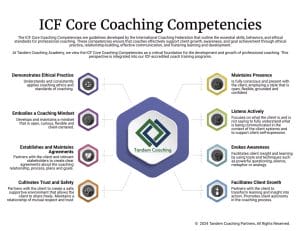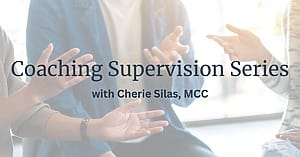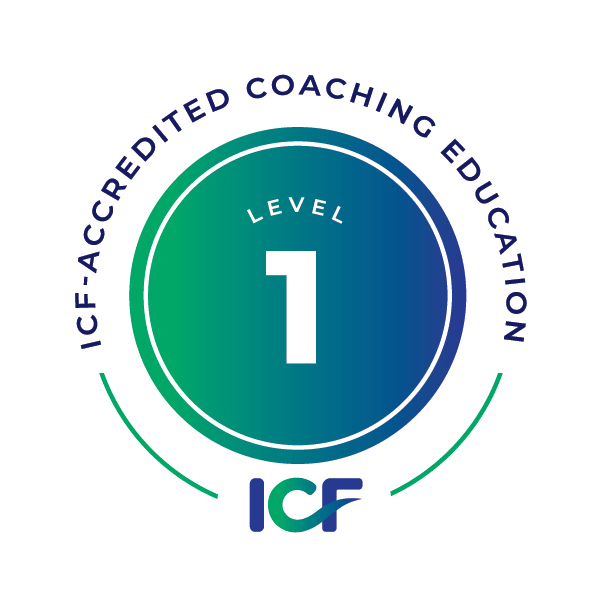ICF defines the embodiment of a coaching mindset as developing and maintaining a mindset that is open, curious, flexible, and client-centered.
In the last issue, we covered the first foundation of embodying a coaching mindset,
- Acknowledges that clients are responsible for their own choices.
Let’s now take a look at the next two items:
- Engages in ongoing learning and development as a coach
- Develops an ongoing reflective practice to enhance one’s coaching
These two items speak to the coaching mindset around self-development and personal growth. A coach should have a learning mindset rather than a fixed mindset, and it is the expectation that coaches with ICF certifications are striving to make improvements in themselves as coaches and as humans. This expectation makes continuing education essential. It is not enough to learn about coaching and get a credential. What is also important is that a coach continues on the learning journey to improve their skills and ability to work with others as a coach. If we expect people to embrace coaching as a discipline to help them create new learning and awareness so they can make continual improvements in their own lives, shouldn’t we as coaches expect the same from ourselves?
One thing I have learned through my training others and learning for myself is that we can learn from a variety of experiences. Coaches learn how to become better coaches and develop their coaching mindset by experiencing coaching for themselves, by practicing coaching and getting feedback, and through observing coaching with others. The new information and inputs all of these three perspectives give us are invaluable in our continuous learning and development. This foundational competency around self-development will not manifest itself in your coaching with a specific question you ask a client; however, it will show up in the competency with which you work. Your clients will observe that you are growing and improving as you learn more about your work with them, and as you reflect on things, you might improve.
There are many ways that you can continue to grow and exercise your coaching mindset after you get your ICF credentials. Take continuing education classes and learn a new discipline. Join an organization like reciprocoach.com and experience peer coaching rounds to practice with other coaches around the world. Join a local online coaching circle where other practicing coaches are gathering to learn from one another and get feedback on the impact of their coaching. Hire a coach to experience the power of working with a professional coach on real-world issues that impact your life and business. Hire a coaching supervisor to help you reflect on the work you are doing with your clients and learn from it. Hire a mentor coach to review recordings of your coaching and give you feedback on how to strengthen your ICF core competencies.
The stronger you grow in your experience of coaching, the stronger your coaching mindset, the better coach you will be to serve your clients. This growth mindset will show up in your coaching because you will become more flexible, creative, and relational. Your clients will benefit, and so will you!

Unlock Your Coaching Potential with Tandem!
Dive into the essence of effective coaching with our exclusive brochure, meticulously crafted to help you master the ICF Core Coaching Competencies.
"*" indicates required fields
About the Author
Cherie Silas, MCC
She has over 20 years of experience as a corporate leader and uses that background to partner with business executives and their leadership teams to identify and solve their most challenging people, process, and business problems in measurable ways.















